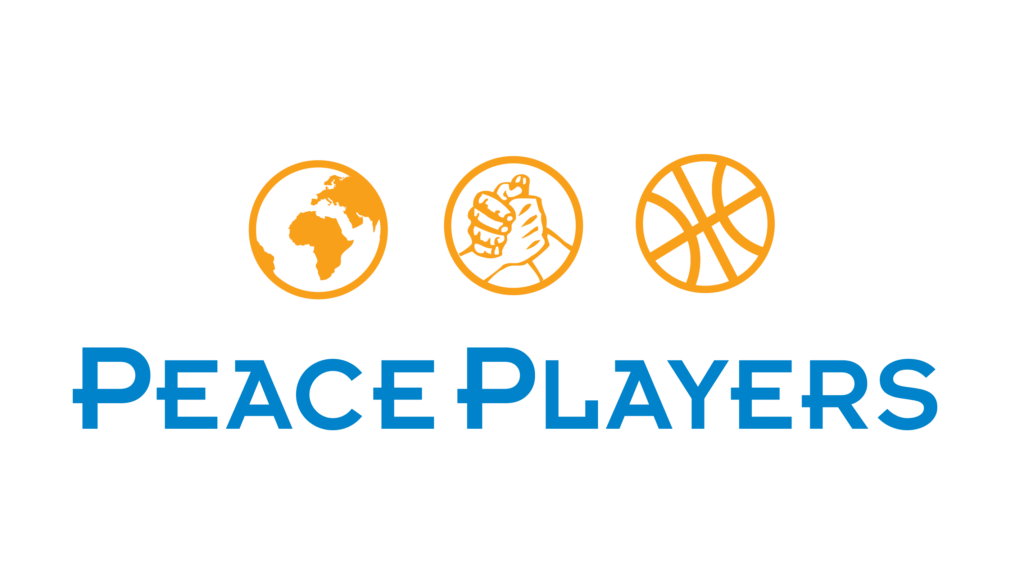Northern Ireland: Catching Up with Una and Alex
March 20, 2024
SHARE
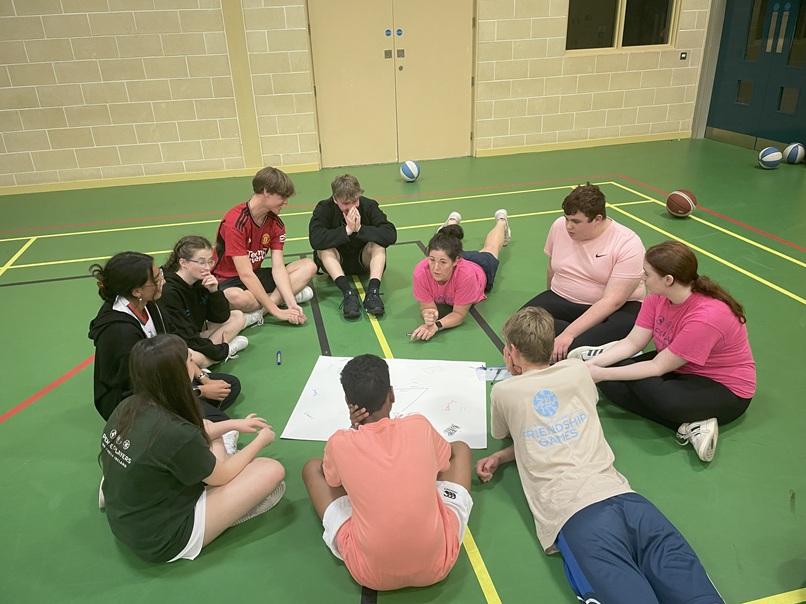
We sat down with PeacePlayers Northern Ireland coach Una Harkin and Scaling Project Coordinator Alex Mosley, to hear in their words what PeacePlayers Northern Ireland is all about, and what basketball has to do with it.
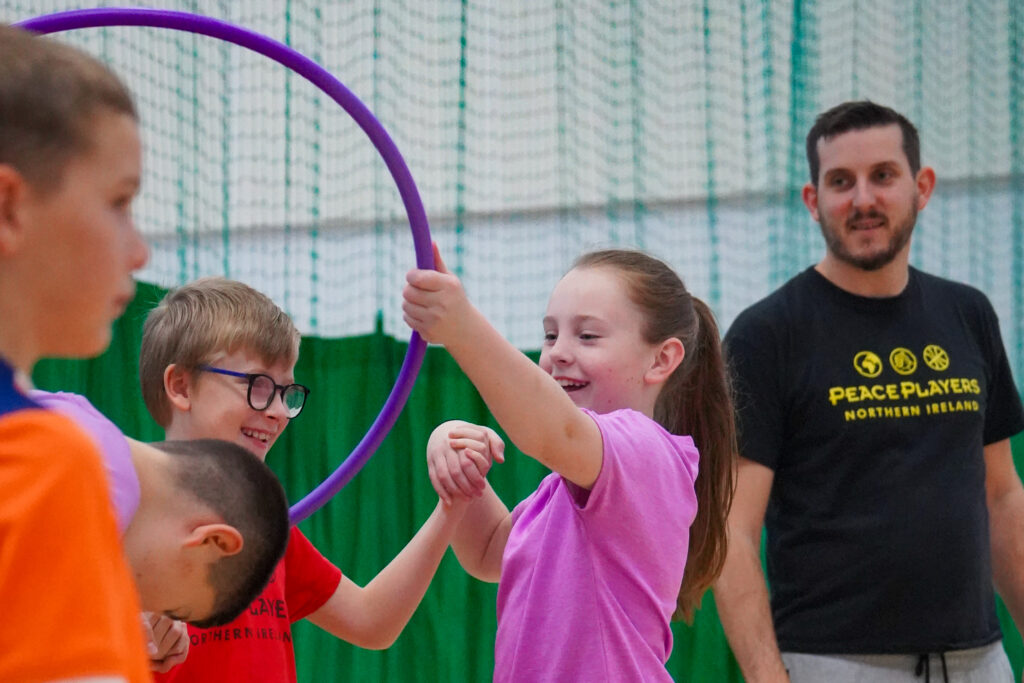
PeacePlayers: So, tell us a little bit about yourselves.
Una: I'm Una. I'm from Northern Ireland. I was a footballer, I was a Gaelic [football] player and then I moved onto rugby when I moved abroad. I've been a PE teacher for about 15-16 years. I coach the Leadership Development Program and the Bridging Divides Program. I really enjoy the Leadership Development Program, because the students are really positive. They really want to be there and they really want to make a change.
Alex: We're big on Una in PeacePlayers. She's been a great addition to the team. So, I was born in London and spent most of my life outside of England. I lived in Hong Kong and China for a lot of my younger years. And then I moved to Dublin when I was 17, and I've been living on the island of Ireland for nearly 25 years. I've worked mostly in the youth and community sector and played basketball at university in Dublin. My love of basketball actually came from just playing pickup as a child, but also my love for connecting with others and experiencing different cultures.
What does playing basketball bring to the table for kids?
Alex: Sport provides something much more than just that physical benefit, but actually, the social, social skills as well a way to interact with others. And I think in an age where a lot of that's gone online and people are unable to connect in real life, what PeacePlayers and basketball as a sport can offer is really, really significant. Whenever I coach, I'm like, you're not loud enough. Talk to each other, let each other know what you're experiencing, what you're feeling. And that's on the court. But also that goes off the court. When you start to see people developing those relationships, they're able to be more verbal, to let others know what they want. They're able to maybe grow in confidence and share for themselves. But that then translates going into university, that translates then going into employment.
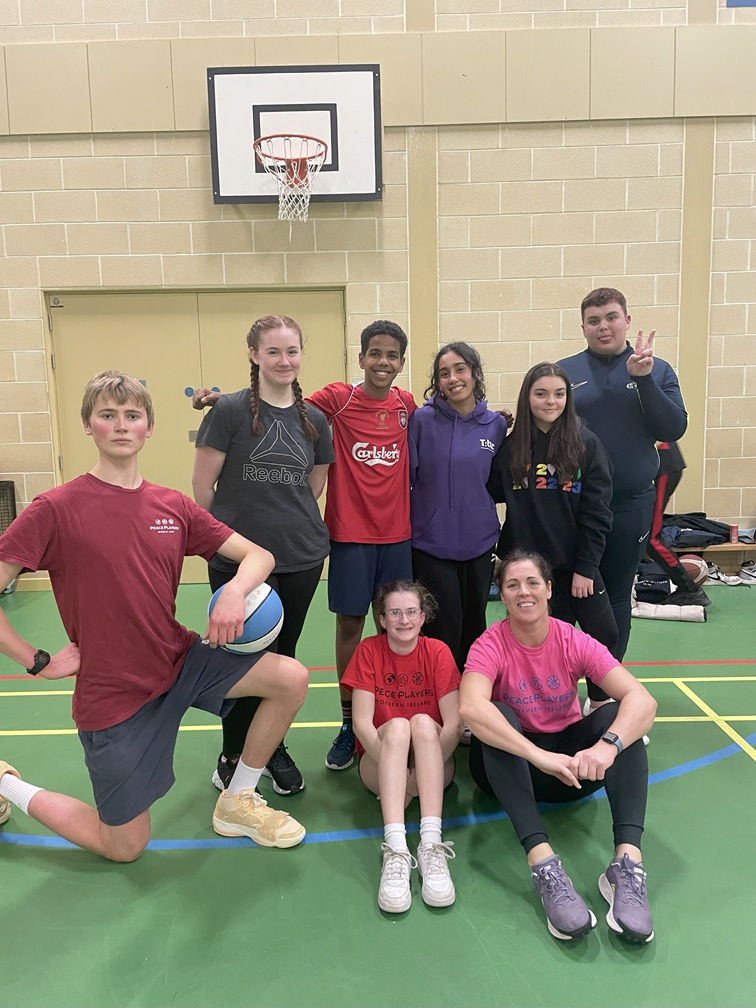
PeacePlayers: A lot of young people around the world are growing up in increasingly divided societies. How can basketball make a difference in this?
Una: What you're doing there is not about basketball. It's about bringing people together to allow for the conversations to open. And once you've done that, then that's where it's going to start to bridge the divide. I mean, because people have this love for sport, then that's going to bring all those different cultures together. It's creating opportunity. It's creating a platform to have the conversations that need to be had. Alex, would you agree?
The conflicts that exist are about people not understanding how to celebrate other people's cultures. I think that's the reason why PeacePlayers exists in many places.
Alex: Yeah, I think it looks like it's just a game of basketball, but if it impacts a family, then that starts to have a ripple effect. That means another family takes that on board and another and it's just slowly eating away at the conflict.
PeacePlayers is trying to break down those barriers. It's a slow process, of course, because you're fighting against not just the attitudes of the students, but also the attitude of the parents
PeacePlayers: What does playing basketball bring to the table for kids?
Alex: Sport provides something much more than just that physical benefit, but actually, the social, social skills as well a way to interact with others. And I think in an age where a lot of that's gone online and people are unable to connect in real life, what PeacePlayers and basketball as a sport can offer is really, really significant. Whenever I coach, I'm like, you're not loud enough. Talk to each other, let each other know what you're experiencing, what you're feeling. And that's on the court. But also that goes off the court. When you start to see people developing those relationships, they're able to be more verbal, to let others know what they want. They're able to maybe grow in confidence and share for themselves. But that then translates going into university, that translates then going into employment.
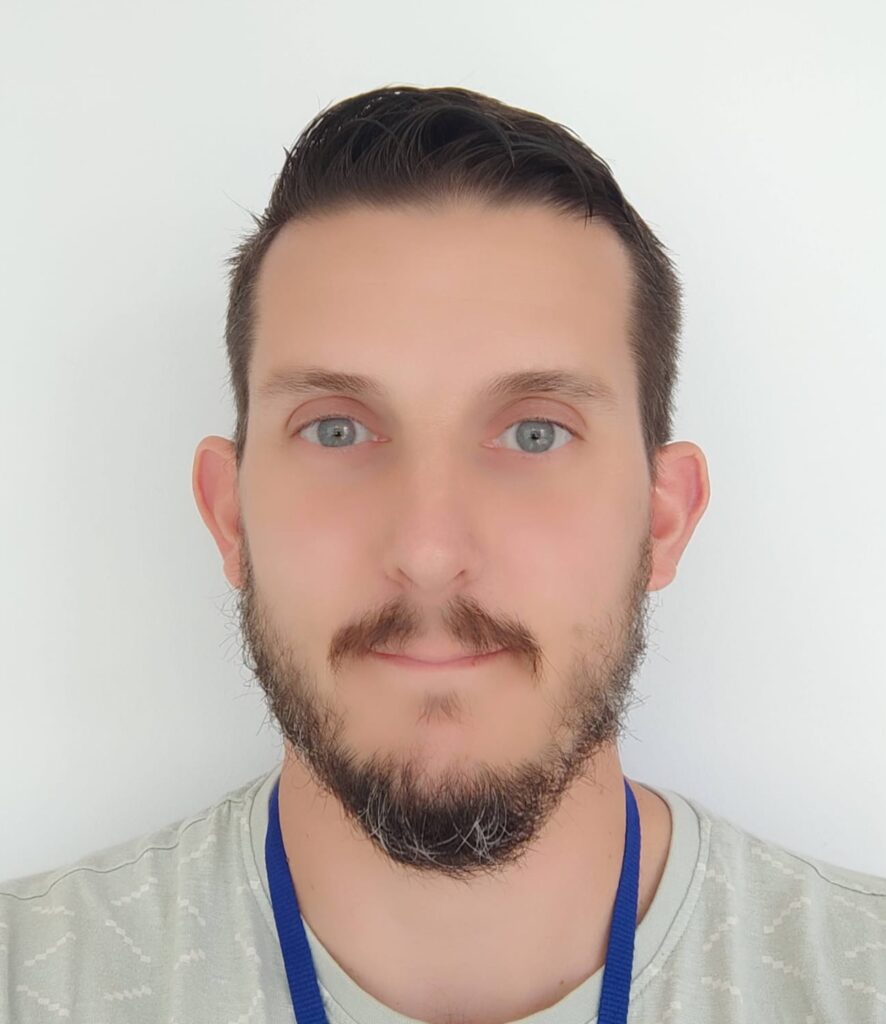
PeacePlayers: A lot of young people around the world are growing up in increasingly divided societies. How can basketball make a difference in this?
Una: What you're doing there is not about basketball. It's about bringing people together to allow for the conversations to open. And once you've done that, then that's where it's going to start to bridge the divide. I mean, because people have this love for sport, then that's going to bring all those different cultures together. It's creating opportunity. It's creating a platform to have the conversations that need to be had. Alex, would you agree?
"What you're doing there is not about basketball. It's about bringing people together to allow for the conversations to open."
- Una
Alex: Yeah, I think it looks like it's just a game of basketball, but if it impacts a family, then that starts to have a ripple effect. That means another family takes that on board and another and it's just slowly eating away at the conflict.
"Sport provides something much more than just that physical benefit, but actually, the social, social skills as well a way to interact with others."
- Alex

